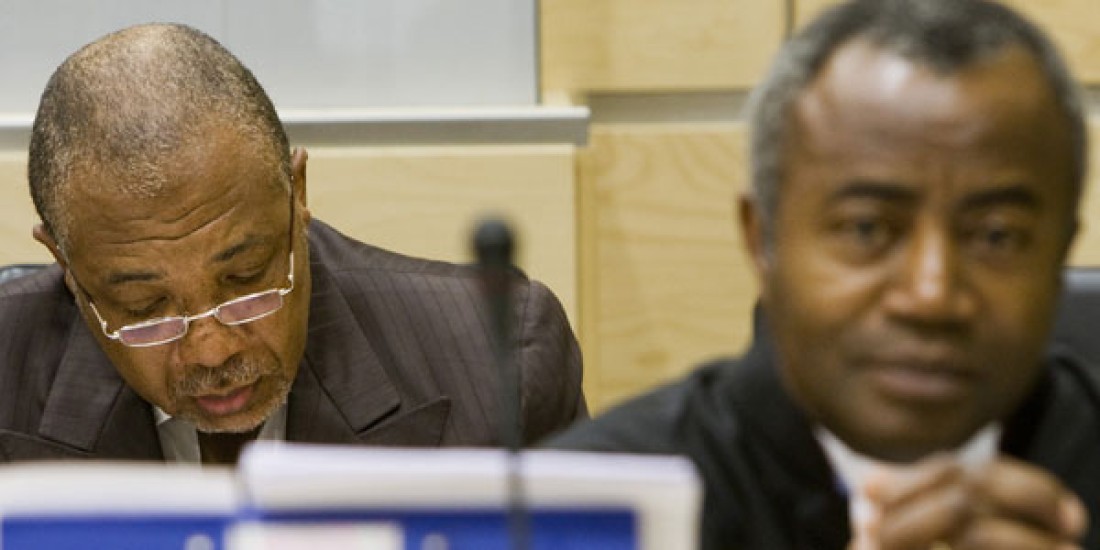Background: A Violent History, a Fragile Peace
Between 1989 and 2003 Liberia was engulfed by civil war. More than 200,000 people died, state structures collapsed, and a million people were displaced from their homes.
Despite 13 peace agreements, brief ceasefires and attempts at forming new governments—including the election of Charles Taylor as president in 1997—fighting continued.
The conflict stopped only with the 2003 Comprehensive Peace Agreement (CPA) in Accra, Ghana. Shortly before the CPA was signed, Charles Taylor resigned and went into exile in Nigeria. He is currently on trial in The Hague for war crimes relating to Sierra Leone.
After a two-year transition, Ellen Johnson-Sirleaf was elected President in 2005—Africa’s first female head of state.
Since 2003, two main transitional justice processes have been operating in Liberia: truth-seeking and security system reform (SSR). While they have suffered from capacity constraints and questions of credibility, they have produced some significant results.
Liberia’s Truth and Reconciliation Commission (TRC) began work in 2006. It conducted extensive investigations and many public hearings, collected nearly 20,000 statements, and heard almost 800 testimonies.
The TRC’s June 2009 report contained some controversial recommendations, such as barring 49 persons—including President Johnson-Sirleaf—from holding public office for 30 years for their roles in the conflict. Public reaction to this has overshadowed other important recommendations by the TRC.
SSR began in 2003. The army was completely disbanded and rebuilt, and the police vetted and retrained. Reform of other national agencies and private security forces continues.
ICTJ's Role
ICTJ began work in Liberia in 2004. We work to strengthen local communities so they can develop transitional justice strategies and innovative ways to deal with Liberia’s history.
- From 2006 to 2009, we worked with the TRC to clarify its responsibilities and structure, train statement takers, and hold public hearings. We organized workshops on issues relevant to its work.
- We help raise awareness of the TRC’s report and recommendations in local communities, and push for local truth-telling and conflict resolution.
- We support TRC follow-up work, such as the creation of the Independent National Commission on Human Rights (INCHR) to implement its recommendations. We helped commission members travel to Ghana and Sierra Leone to study the work of similar commissions.
- We provide support to victims and survivors on the right to reparations. We’ve organized seminars with victims groups to help clarify misconceptions surrounding individual and collective reparations.
- We are engaged with memorialization and a national visioning process. Based on our experience with memorialization efforts worldwide, we recommend ways to remember the past, call for the revision of controversial national symbols, and work with victims to reconstruct historical memory through an oral history program.
